Open Source Project Sponsorship Platforms: Empowering Innovation
Abstract This article explores the critical role of open source project sponsorship platforms in empowering innovation. We examine their evolution from community-driven donations to structured funding models that ensure sustainable development. In this post, we delve into the background, core features, practical applications, and future outlook of these platforms. Additionally, we draw comparisons, discuss challenges, and explore technical as well as community-driven solutions that reinforce open source sustainability and financial support. For a deeper dive into the topic, visit the original article. Introduction Open source software forms the backbone of today’s technology, catalyzing innovation across industries. Much of the cutting-edge technology we rely on—ranging from frameworks and libraries to complete operating systems—is developed collaboratively by passionate developers. Despite the significant benefits that these projects offer to millions of users, the developers and maintainers often struggle to secure consistent financial support. This gap has led to the emergence of open source project sponsorship platforms—digital infrastructures that provide sustainable funding for the creators behind these freely available and community-driven projects. In this post, we explore how these sponsorship platforms empower innovation by offering reliable funding pathways. We discuss their evolution, core features, practical use cases, and the challenges they still face, along with a glance at future trends in the industry. Background and Context History and Evolution Historically, many open source projects thrived on community goodwill and voluntary donations. Developers contributed their time and expertise largely out of passion, often relying on sporadic support from individual enthusiasts. As open source software became ubiquitous in critical applications, it became clear that this ad-hoc model was not sustainable. Over time, the need for structured funding mechanisms became evident, catalyzing the development of sponsorship platforms. Defining Sponsorship Platforms Sponsorship platforms are digital venues that enable both individuals and organizations to provide monetary support to open source projects. These platforms allow sponsors to contribute regularly or as one-off donations, ensuring that projects can continue to innovate and maintain quality. They create an ecosystem where financial support and technical innovation go hand in hand. Notable platforms in this category include GitHub Sponsors, Open Collective, Patreon, and Liberapay. Ecosystem and Community Impact The emerging ecosystem of sponsorship platforms has not only provided financial stability for projects but has also fostered greater diversity and inclusion within the community. With financial support coming from varied sources, developers from different regions and backgrounds can compete on an equal footing. This democratization leads to a richer pool of ideas and innovative solutions across the technology landscape. Core Concepts and Features Key Features of Sponsorship Platforms Developers and project maintainers benefit from a multitude of features offered by these platforms. Below is a table summarizing the core features of several popular sponsorship platforms: Platform Description Key Feature Link GitHub Sponsors Integrated with GitHub, it facilitates direct financial support for open source developers. Repository visibility and integration GitHub Sponsors Open Collective A platform that values transparency by displaying how funds are allocated across projects. Transparent budgeting and reporting Open Collective Patreon Supports creators, including software developers, through recurring subscription-based contributions. Secure recurring donations Patreon Liberapay A non-profit designed specifically for recurrent donations, providing a fee-less model for groups and individuals. Fee-less transactions, community-driven Liberapay Additional Technical and Financial Concepts Sustainable Funding: Platforms leverage sustainable funding models that not only support day-to-day maintenance but also empower long-term project growth. For those interested in a closer look, the article on sustainable funding for open source offers deeper insights. Transparent Financial Management: Open source sponsors value systems that ensure transparency in how funds are managed and spent, which further fuels trust between sponsors and developers. Community Engagement: These platforms encourage community participation by offering various tiers of sponsorship that reflect different levels of commitment and support. Benefits of Sponsorship Platforms Some prominent benefits include: Enhanced Developer Focus: Financial support allows developers to concentrate on coding and innovation rather than fundraising. Project Scala
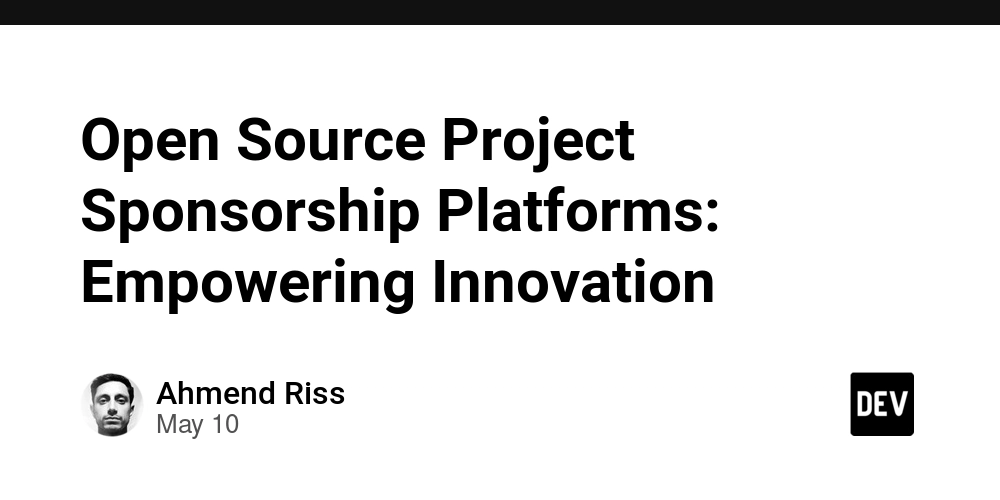
Abstract
This article explores the critical role of open source project sponsorship platforms in empowering innovation. We examine their evolution from community-driven donations to structured funding models that ensure sustainable development. In this post, we delve into the background, core features, practical applications, and future outlook of these platforms. Additionally, we draw comparisons, discuss challenges, and explore technical as well as community-driven solutions that reinforce open source sustainability and financial support. For a deeper dive into the topic, visit the original article.
Introduction
Open source software forms the backbone of today’s technology, catalyzing innovation across industries. Much of the cutting-edge technology we rely on—ranging from frameworks and libraries to complete operating systems—is developed collaboratively by passionate developers. Despite the significant benefits that these projects offer to millions of users, the developers and maintainers often struggle to secure consistent financial support. This gap has led to the emergence of open source project sponsorship platforms—digital infrastructures that provide sustainable funding for the creators behind these freely available and community-driven projects.
In this post, we explore how these sponsorship platforms empower innovation by offering reliable funding pathways. We discuss their evolution, core features, practical use cases, and the challenges they still face, along with a glance at future trends in the industry.
Background and Context
History and Evolution
Historically, many open source projects thrived on community goodwill and voluntary donations. Developers contributed their time and expertise largely out of passion, often relying on sporadic support from individual enthusiasts. As open source software became ubiquitous in critical applications, it became clear that this ad-hoc model was not sustainable. Over time, the need for structured funding mechanisms became evident, catalyzing the development of sponsorship platforms.
Defining Sponsorship Platforms
Sponsorship platforms are digital venues that enable both individuals and organizations to provide monetary support to open source projects. These platforms allow sponsors to contribute regularly or as one-off donations, ensuring that projects can continue to innovate and maintain quality. They create an ecosystem where financial support and technical innovation go hand in hand. Notable platforms in this category include GitHub Sponsors, Open Collective, Patreon, and Liberapay.
Ecosystem and Community Impact
The emerging ecosystem of sponsorship platforms has not only provided financial stability for projects but has also fostered greater diversity and inclusion within the community. With financial support coming from varied sources, developers from different regions and backgrounds can compete on an equal footing. This democratization leads to a richer pool of ideas and innovative solutions across the technology landscape.
Core Concepts and Features
Key Features of Sponsorship Platforms
Developers and project maintainers benefit from a multitude of features offered by these platforms. Below is a table summarizing the core features of several popular sponsorship platforms:
| Platform | Description | Key Feature | Link |
|---|---|---|---|
| GitHub Sponsors | Integrated with GitHub, it facilitates direct financial support for open source developers. | Repository visibility and integration | GitHub Sponsors |
| Open Collective | A platform that values transparency by displaying how funds are allocated across projects. | Transparent budgeting and reporting | Open Collective |
| Patreon | Supports creators, including software developers, through recurring subscription-based contributions. | Secure recurring donations | Patreon |
| Liberapay | A non-profit designed specifically for recurrent donations, providing a fee-less model for groups and individuals. | Fee-less transactions, community-driven | Liberapay |
Additional Technical and Financial Concepts
- Sustainable Funding: Platforms leverage sustainable funding models that not only support day-to-day maintenance but also empower long-term project growth. For those interested in a closer look, the article on sustainable funding for open source offers deeper insights.
- Transparent Financial Management: Open source sponsors value systems that ensure transparency in how funds are managed and spent, which further fuels trust between sponsors and developers.
- Community Engagement: These platforms encourage community participation by offering various tiers of sponsorship that reflect different levels of commitment and support.
Benefits of Sponsorship Platforms
Some prominent benefits include:
- Enhanced Developer Focus: Financial support allows developers to concentrate on coding and innovation rather than fundraising.
- Project Scalability: With consistent funding, projects can be scaled, maintained, and integrated into larger systems without compromising quality.
- Greater Inclusion: Financial support opens the doors for diverse participation, ensuring that innovative ideas have a chance irrespective of geographical and economic limitations.
Here is a bullet list summarizing key benefits:
- Improved Sustainability: Reliable funding means projects are less likely to become dormant due to lack of maintenance.
- Increased Transparency: Clear reporting builds trust among sponsors and the community.
- Community Empowerment: Financial contributions foster a sense of ownership and participation within the developer community.
Applications and Use Cases
Open source sponsorship platforms have far-reaching implications beyond just funding. Below are a few representative use cases that highlight their importance:
1. Enhancing Open Source Security
Open source projects often underpin crucial software infrastructures. With consistent sponsorship, maintenance teams can dedicate more time to cybersecurity measures, implementing robust updates and patches. For example, the increased focus on security auditing and fraud detection in open source projects has helped mitigate vulnerabilities. More details can be found on the impact of sponsorship platforms in open source project sponsorship impact.
2. Driving Innovation in Blockchain and Beyond
Sponsorship platforms extend their influence to various sectors like blockchain, where projects require both technical and regulatory robustness. Sponsorship has enabled projects like decentralized applications (dApps) to further their development in areas such as interoperability and network upgrades. For instance, blockchain projects have started incorporating funding strategies that mirror those of open source platforms, ensuring that innovations are both secure and scalable. Within this context, platforms like GitHub Sponsors not only fund open source software but are also influencing the ecosystem of decentralized finance (DeFi) projects. The relationship between blockchain innovation and open source funding can be explored further in various Dev.to posts.
3. Empowering Independent Developers and Startups
Many independent developers and startups that rely on open source tools are able to take their projects to market thanks to sponsorship funding. Financial backing removes barriers for entry, allowing for rapid prototyping and innovation. This model of sponsorship can also be considered a form of microfunding, where every contributor plays a crucial role in the development process. Resources such as open source funding for community projects offer additional insights into these practical applications.
Challenges and Limitations
Volatility of Contributions
One of the significant challenges of sponsorship platforms is the inherent unpredictability of voluntary contributions. The revenue streams can be unstable, meaning that projects may face abrupt funding gaps. This volatility necessitates that projects explore alternative revenue streams, such as corporate sponsorships or hybrid funding models.
Limited Reach and Awareness
Not all open source projects are created equal in terms of popularity. While marquee projects receive significant financial backing, smaller projects often struggle with visibility, potentially leading to inequitable financial support. Educating both developers and potential sponsors about the importance of supporting lesser-known projects remains an ongoing effort. More insights into these monetization challenges are available in open source monetization challenges and strategies.
Administrative and Regulatory Hurdles
Handling finances across various jurisdictions can be complicated due to regulatory requirements. Implementing a robust system for transparency and accountability is essential but challenging. Developers and managing organizations must navigate complex financial regulations and taxation issues, which might dampen the potential of sponsorship platforms.
Technical Barriers to Adoption
While the platforms themselves are built on secure and modern technology, integration with legacy systems and traditional funding mechanisms can be challenging. Furthermore, establishing comprehensive open source license compliance protocols is essential to ensure that the sponsorship funds are used as intended.
Future Outlook and Innovations
Evolving Funding Models
The evolution of sponsorship platforms is poised to incorporate more advanced tokenization and blockchain-based funding models. For example, tokenizing open source licenses could enable fractional ownership of projects, thereby creating a new layer of financial incentives for sustained contributions. To understand this emerging trend, check out tokenizing open source licenses: revolutionizing the software industry.
Cross-Sector Collaboration
The future of open source funding will see increased collaboration between traditional financial institutions and digital funding platforms. As open source projects become more integral to enterprise infrastructure, the collaboration between corporate sponsors and grassroots developers is expected to increase. Companies are beginning to recognize the value of direct investment in software that underpins their operations, as noted in various discussions about corporate sponsorship benefits in blockchain innovation. Explore more on corporate sponsorship models in this related overview.
Integration with Blockchain Technologies
Blockchain technology, known for its robust security and transparency, is set to revolutionize how sponsorship contributions are tracked. The integration of blockchain into sponsorship platforms can ensure that funds are distributed transparently and that contributors are fairly rewarded for their support. This convergence of blockchain and open source funding is already being explored in case studies such as the future of blockchain project funding.
Community-Driven Innovation
As the open source community continues to grow, there is a renewed emphasis on collaboration not just for coding but for creating sustainable economic models. Future innovations are likely to focus on interactive dashboards, real-time funding analytics, and enhanced reporting tools that empower sponsors and project maintainers alike. These tools will further streamline how financial contributions are tracked and reported, making it easier for potential sponsors to understand the impact of their support.
The Role of Developer Advocacy
Developer advocacy is also becoming an integral part of the ecosystem, where experienced developers mentor newcomers and help them navigate the complexities of open source funding. Initiatives that promote mentorship and transparent financial learning are expected to foster a more sustainable and inclusive developer ecosystem.
Summary
To summarize, open source project sponsorship platforms are vital instruments in sustaining and advancing technological innovation. From their humble beginnings as community-led donation efforts, these platforms have evolved into sophisticated funding mechanisms that provide consistent support, foster transparency, and empower diverse voices. They enable developers to focus on building innovative solutions without the constant worry of financial instability.
Key points include:
- Sustainable funding models have evolved from sporadic donations to intricate systems that ensure long-term project success.
- Core platforms like GitHub Sponsors, Open Collective, Patreon, and Liberapay exemplify different approaches to securing open source development.
- Benefits include enhanced focus on development, scalability, and greater inclusion within the developer community.
- Challenges such as contribution volatility, limited reach, regulatory complexities, and technical barriers still exist but are driving further innovations in funding strategies.
- Future innovations point to a convergence of blockchain technology, tokenization strategies, and cross-sector collaboration—all set to transform the financial landscape of open source development.
For further perspectives on the future of open source funding and licensing, check out informative posts on Dev.to such as:
- Decentralized Governance in Open Source: Bridging Innovation and Community
- The Future of Blockchain Project Funding and Open Source Sustainable Innovations
- Unveiling a New Era of Fair Open Source Licensing
In closing, sponsorship platforms are not merely funding tools—they are enablers of community, diversity, and sustainable innovation. As these platforms continue to evolve and integrate with emerging technologies, they will undoubtedly play a pivotal role in shaping the future of open source software and beyond.
By embracing structured financial support systems, the open source community can continue to thrive, innovate, and empower developers worldwide—ensuring that the spirit of collaboration remains at the heart of technological advancement. Whether you are a developer seeking sustainable funding or a sponsor looking to invest in future technologies, the world of open source project sponsorship platforms offers a compelling model for success and growth.





















































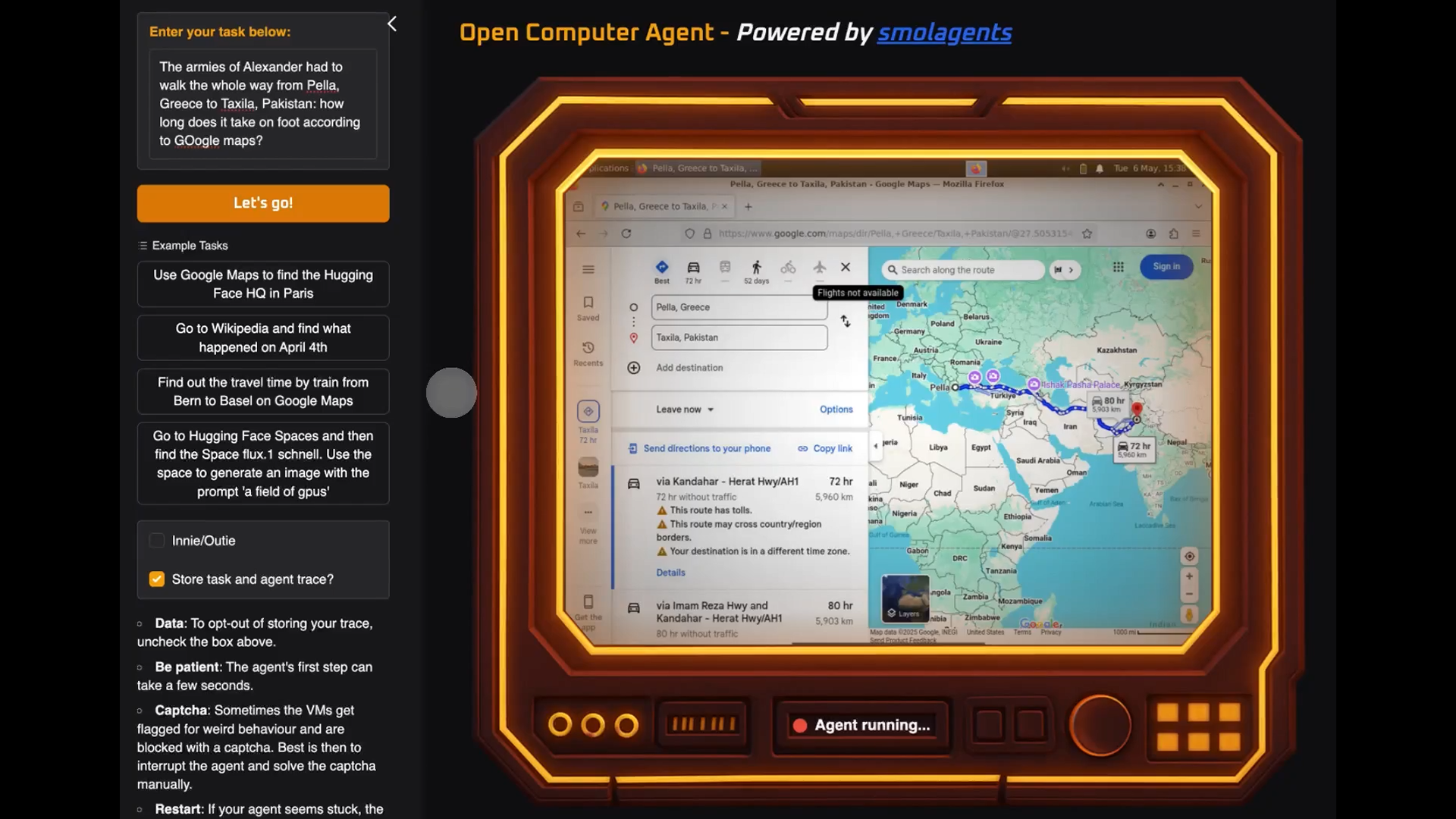



















![New iPad 11 (A16) On Sale for Just $277.78! [Lowest Price Ever]](https://www.iclarified.com/images/news/97273/97273/97273-640.jpg)

![Apple Foldable iPhone to Feature New Display Tech, 19% Thinner Panel [Rumor]](https://www.iclarified.com/images/news/97271/97271/97271-640.jpg)

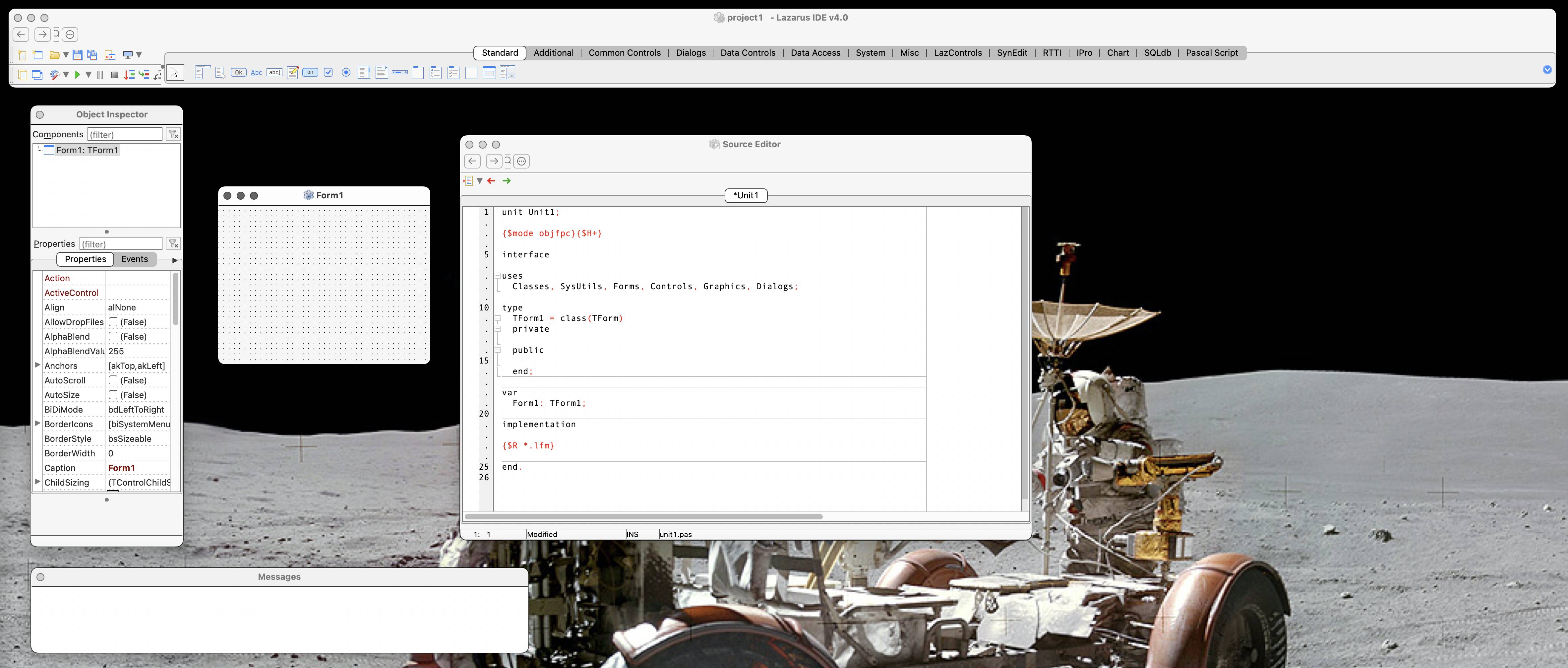





















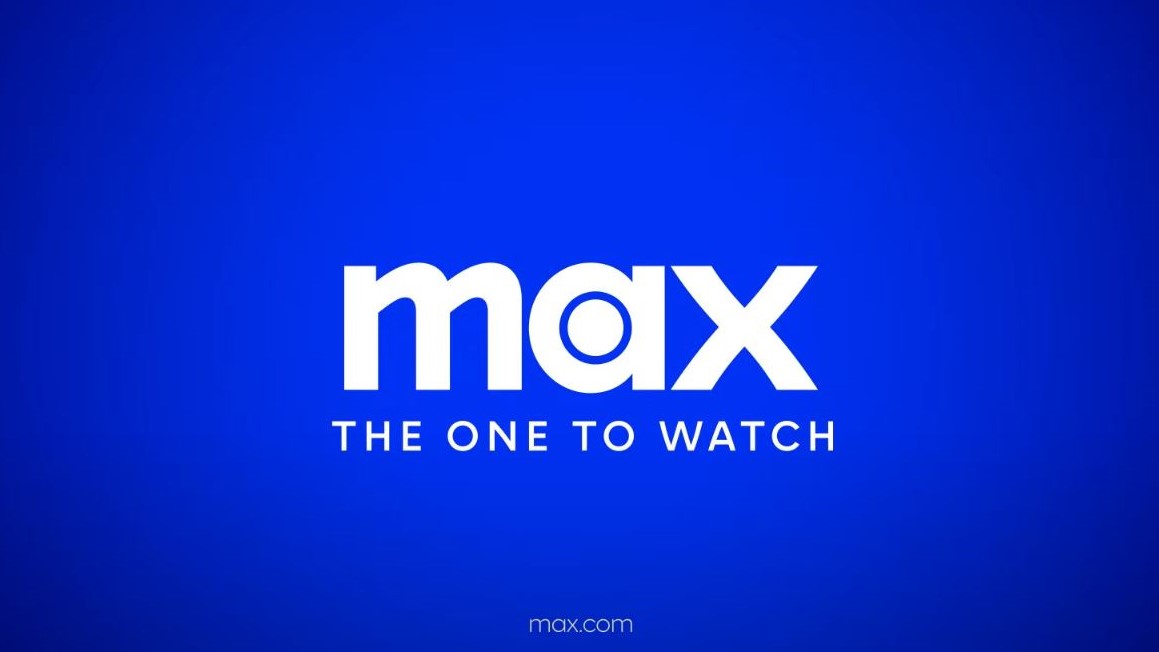



-xl.jpg)



















































































































































































































![[The AI Show Episode 146]: Rise of “AI-First” Companies, AI Job Disruption, GPT-4o Update Gets Rolled Back, How Big Consulting Firms Use AI, and Meta AI App](https://www.marketingaiinstitute.com/hubfs/ep%20146%20cover.png)

















































































































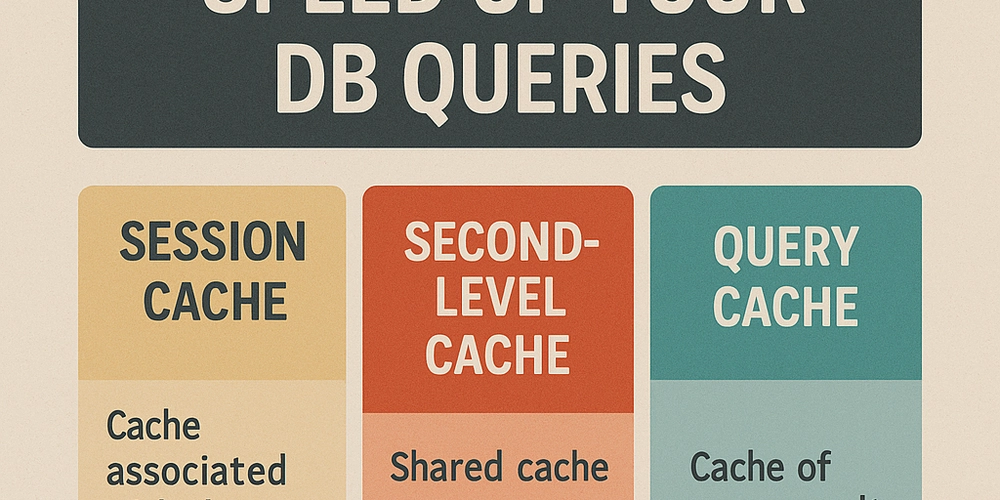
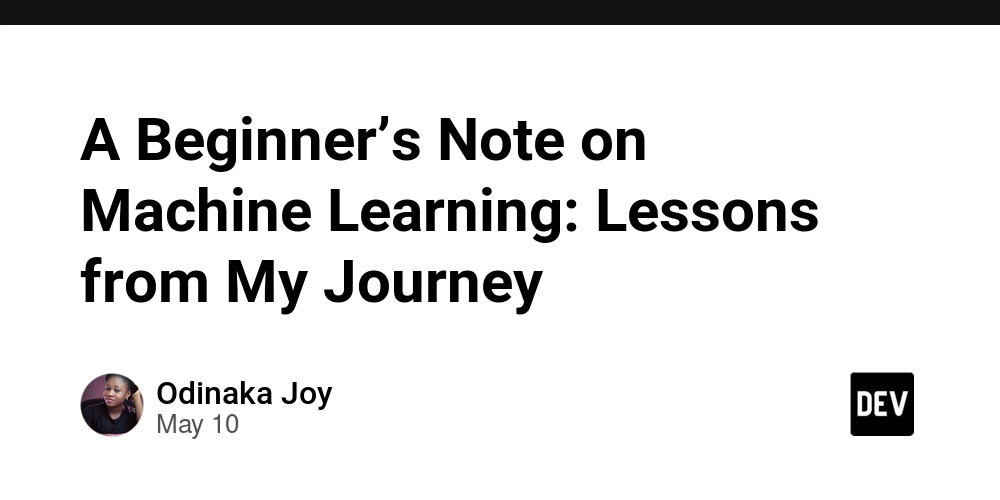













































![Ditching a Microsoft Job to Enter Startup Hell with Lonewolf Engineer Sam Crombie [Podcast #171]](https://cdn.hashnode.com/res/hashnode/image/upload/v1746753508177/0cd57f66-fdb0-4972-b285-1443a7db39fc.png?#)






























-Nintendo-Switch-2-Hands-On-Preview-Mario-Kart-World-Impressions-&-More!-00-10-30.png?width=1920&height=1920&fit=bounds&quality=70&format=jpg&auto=webp#)



















































.jpg?width=1920&height=1920&fit=bounds&quality=70&format=jpg&auto=webp#)















